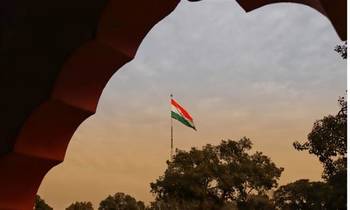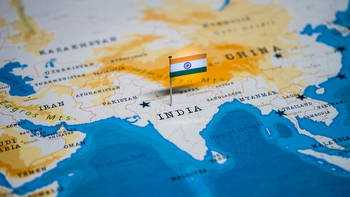Online Gambling Laws in India: The Way Forward

The online casino industry in India is booming. The industry is expected to generate 90 billion Indian rupees by 2020.
All forms of gambling are regulated at state level in India. Public Gaming Act of 1887 states that the operation of Indian casinos, assisting of casinos and financial gambling is a crime. The Act also states nothing in the Act applies to games of mere skill, as distinguished from games with elements of chance and skill. India divides gambling into two categories: Games of Skill and Games Of Chance. Only 13 card games have been identified as games on skill and 13 games are Games on Chance, which include rummy, poker and horse racing.
Some states are still stuck in the past regarding online gambling. Andhra Pradesh's Gaming Ordinance has imposed more restrictions than existing laws. The Supreme Court of India has stated that games of skill aren't linked to gambling and operators who offer these services are allowed to do so under the Indian Constitution. Online casino users need to choose an offshore casino that is licensed by a gaming body. They also need be at least 18 years old and over. They should also read the Terms and Conditions of their chosen casino provider. You can also join an online casino if it is Rupee-friendly. Some casinos will only accept 21 years and older.
India's online gambling laws are complicated and confusing. The country needs one legislation that regulates and licenses games of skill and further regulations created by gaming bodies. India's middle class is driving the growth of the online gaming market. There are 560 million internet users in India. The market is second to China. Indian lawmakers are discussing how to regulate online casinos. They are losing $140 million annually due to the rise of unregulated gambling. This can be solved if both parties come to a fair agreement on how they regulate the market and create jobs. It is obvious that more people want to try online casino games.



































